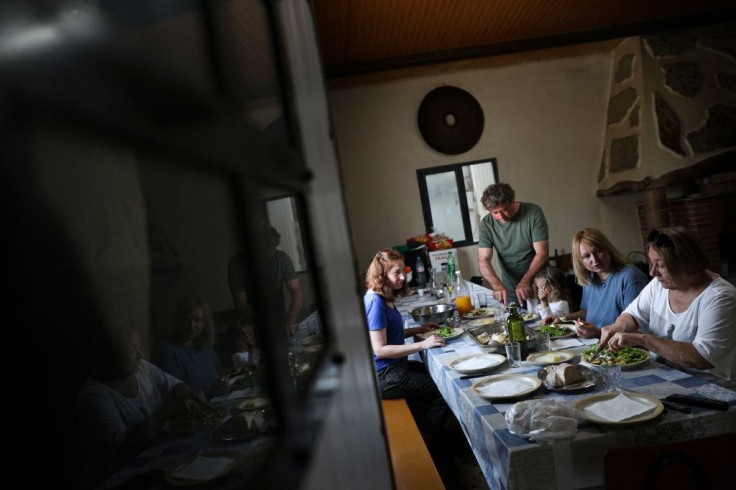
Parents who impose a strict schedule of having family meals every night so they can bond with their kids are likely not creating positive experiences, according to sociology and psychology experts.
Instead of forcing family dinners, Kelly Musick of Cornell University and Anne Fishel of Harvard University said that quality family time should be the parents' goal instead of the frequency of family meals.
Speaking with Yahoo Life, the experts said that on challenging and stressful days, it would be impossible to have a family dinner with everyone relaxed and focused on enjoying each other's company because their minds could be elsewhere. It's even more challenging for single parents who work two jobs and have to do quick meals more often, minus bonding with the kids.
The experts said that skipping family dinner has become a source of guilt for parents. Thus, their solution is not to force family meals every night.
Embracing flexibility when everyone's busy
Mom Margaret Mair said that she finally recognized that she has to be flexible with family dinners and simply ask her children to be complete once a week. When her teenagers became busy with their sports activities and dance classes, she and her husband looked forward to simple meals with just the two of them in front of the TV.
The Wunderlich family in Florida has also given up on family meals every night because their work and school schedules no longer jive. If it's getting too lonely with just the dad and his daughter, they open their FaceTime while having dinner and "include" other relatives on their table.
Nurse Leah Stein-Fredbeck said she doesn't mind if her school-age kids can't join her for dinner when she's home after 8 p.m. Instead, she creates "positive and meaningful engagements" that are not centered on the dinner table, which got a thumbs up from Musick and Fishel.
Incidentally, Musick and Fishel established The Family Dinner Project in 2010 to help parents develop quality meal times with their families, even if it's not every day. The experts believe that family meals, specifically those that do not involve stress and tension, may lower the rate of depression, teen pregnancy, and substance abuse. It can also boost self-esteem or improve the children's grade-point average.
Parents, give yourself a break
Podcasters and food journalists Jane Black and Elizabeth Dunn of Pressure Cooker support the initiatives of The Family Dinner Project. At Black's household, she makes meaningful connections with her daughter during breakfast and then focuses on bedtime stories or chats at night. She also makes it a point to go out for ice cream treats every so often as their bondingg time.
The idea is to create moments for talking and sharing even if no food is involved. Fishel said that while food is why families gather around, it is the talking and sharing that makes the time worthwhile, and that's what the children will treasure deep in their memories.
Related Article: Amazon Teases New Alexa AI to Mimic Voices of Dead Family Members